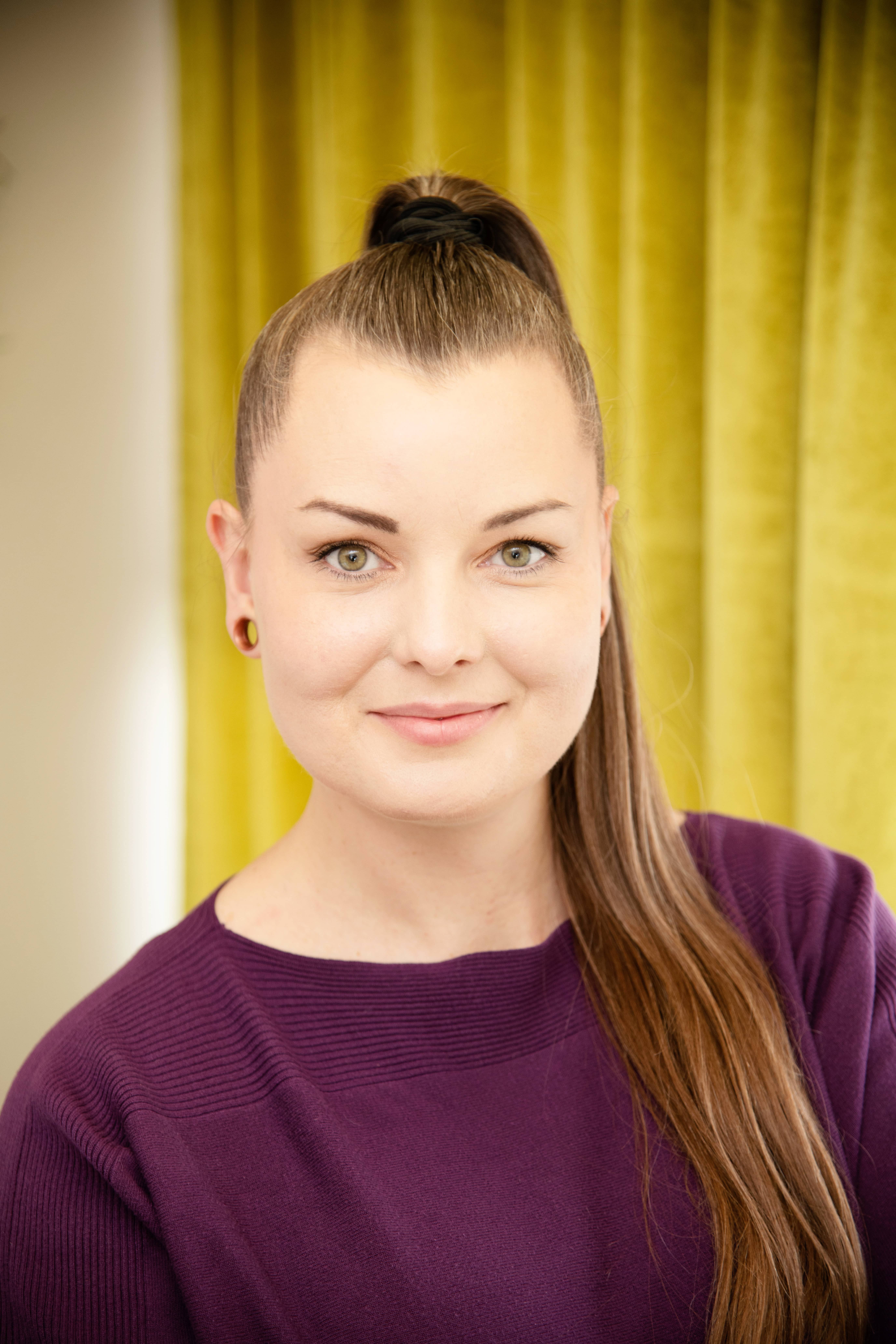Understanding Acne: Types, Causes, and Effective Treatments for Clear Skin
Acne is a common skin condition that affects millions of people worldwide, often manifesting in various forms. Each type has its own causes and characteristics, usually rooted in internal inflammation and poor detox pathways. Understanding the different types of acne and their underlying factors is crucial for effective acne treatment and long-term management. From mild blackheads to severe cystic acne, let's dive into the expanding world of acne, explore its triggers, and learn how to achieve clear skin.
Types of Acne:
1. Acne Vulgaris
Acne Vulgaris is the most common type of acne, characterized by whiteheads, blackheads, and cysts. Often referred to as combination acne, a dual approach is necessary—first focusing on inflamed lesions, then tackling the non-inflamed acne. Below are some subcategories of Acne Vulgaris:
2. Maturation Arrest Acne
Maturation Arrest Acne is a challenging form of non-inflamed acne. It appears as a sandpaper-like texture on the skin, with lesions that don’t come to a head. The closed comedones are difficult to extract, requiring gentle exfoliation over time to bring debris to the surface and prevent future formation.
3. Non-Inflamed Acne
Non-inflamed acne presents as textured skin with blackheads, whiteheads, and closed comedones. Treatment of non-inflamed acne may take longer, benefiting from gentle BHA and AHA exfoliants combined with hydrating ingredients to prevent over-exfoliation.
4. Cystic Acne (Inflamed Acne)
Cystic Acne, or inflamed acne, consists of deep, painful nodules under the skin. These lesions may persist for weeks or months and are often related to hormonal imbalances. Cystic acne typically appears along the jawline and requires specialized acne treatment.
5. Acne Conglobata
Acne Conglobata is a severe form of nodulocystic acne that primarily affects young males. It manifests as interconnected comedones, cysts, and deep inflammatory nodules on the face, back, chest, and other areas. Although rare, it requires prompt, specialized care.
Common Causes of Acne:
With adult acne affecting nearly half of women and a significant portion of men, it’s essential to understand the various acne causes. Here are some key triggers:
Hormonal Imbalances
Hormones play a major role in acne development, especially during puberty and adulthood. Women are particularly prone to hormonal acne in their 20s, often due to hormone disruptors in everyday life, such as processed diets and environmental toxins. Conditions like PCOS and thyroid imbalances can also contribute to acne breakouts.
Gut Health and Digestive Issues
Many people overlook the connection between gut health and acne. Digestive distress—such as constipation, diarrhea, or acid reflux—can be early signs of an imbalance. Left unchecked, these issues may lead to conditions like IBS or leaky gut, which can exacerbate acne by throwing off the body’s internal balance.
Detox Pathways
The skin is a natural detox pathway, and acne breakouts are often a sign that the body’s detox systems, particularly the liver, are under stress. Poor liver function can prevent toxins and heavy metals from being processed, leading to acne flare-ups.
Stress
Chronic stress can disrupt gut health, hormone balance, and the immune system, contributing to acne development. Stress also promotes inflammation, which worsens acne symptoms. Addressing mental health and stress management is crucial for acne treatment.
Grades of Acne Severity:
Acne severity is graded on a scale from 1 to 4:
- Grade 1: Mild acne with fewer than 20 lesions (blackheads or whiteheads).
- Grade 2: Small papules.
- Grade 3: Pustules.
- Grade 4: Cystic acne with deep, inflamed nodules and comedones, often seen on the body.
Acne can also be classified as inflammatory (red and swollen) or non-inflammatory (not red or swollen), with lesion count further determining severity.
Effective Ways to Treat Acne:
Treating acne requires a holistic approach that includes addressing the root causes. Here are some effective acne treatment strategies:
- Diet and Gut Health: A balanced diet and good gut health are essential for maintaining clear skin.
- Hormone Balancing: Identifying and addressing hormonal imbalances can prevent recurring acne.
- Stress Reduction: Managing stress through self-care and mental health practices can reduce acne flare-ups.
- Acne-Safe Topicals: Using products like Face Reality Skincare ensures that your skin is treated with acne-safe ingredients.
- Advanced Treatments: Professional treatments like lasers, microneedling, and customized facials can target stubborn acne.
- Medications (Last Resort): Prescription medications, such as Accutane, should be used cautiously and only as a last resort, especially in teens.
Some easy acne management solutions include icing inflamed lesions, using colloidal silver patches to prevent picking, and changing pillowcases regularly to reduce bacteria. Additionally, avoid picking at acne, as this can lead to scarring and post-inflammatory hyperpigmentation.
Acne is a multifactorial skin condition influenced by genetics, hormones, lifestyle, and environmental factors. By understanding the types of acne and implementing effective skincare strategies, you can clear your skin and prevent future breakouts. Consulting a certified acne specialist or esthetician for personalized skincare recommendations is key to achieving clearer, healthier skin.
Danielle is a licensed esthetician in the state of Colorado and owner of Derma Lab. She is a Face Reality Certified Acne Specialist and has been in the industry since 2007. Danielle has worked in spas & medi spas, and has been trained in chemical peels, microdermabrasion, microneedling and Sciton Laser Systems. Nothing here is meant to be medical advice.
Colorado Springs Esthetician , Estheticians in Colorado Springs , Best Facials in Colorado Springs , Colorado Springs Acne Esthetician , Acne , Acne Skincare Colorado Springs , Acne specialist in colorado springs, Colorado Springs Acne
Address
Contact
Menu
Follow us
A website created in the WebWave website builder
